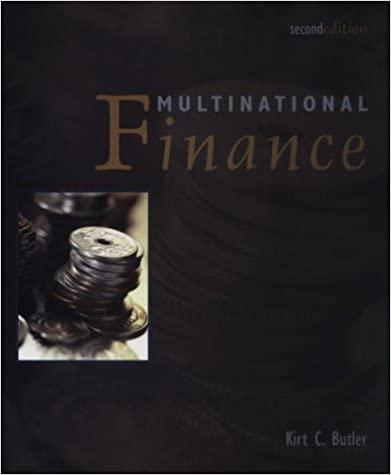Question
The question is follow : How does the tax shield of debt affect project valuation under the standard free-cash flow method of computing NPV as
The question is follow : How does the tax shield of debt affect project valuation under the standard free-cash flow method of computing NPV as opposed to the APV method? What assumptions are used in both. Are any of the assumptions likely to be violated when using these methods in practical calculations? Which method would be preferable?
The providing answer is below:
The interest payment on debt is considered as expense for the company and so the comapny can deduct the tax expenses from taxable income. so overall cost of debt get reduced because of tax advantage. this tax advantage on interest payment is called tax shield. ( I want to more details)
In NPV calculation we do not making any adjustment for the tax shiled but in APV method we make the adjustment for tax shiled and add the value for tax shiled in cash flows to determine the value of firm of project. (can I get any example??)
A adjustment of tax shiled seems more realistic in valuation of company or project. When we compare both method, then APV method should be more prederable than NPV method. (can I have example as well?)
Step by Step Solution
There are 3 Steps involved in it
Step: 1

Get Instant Access to Expert-Tailored Solutions
See step-by-step solutions with expert insights and AI powered tools for academic success
Step: 2

Step: 3

Ace Your Homework with AI
Get the answers you need in no time with our AI-driven, step-by-step assistance
Get Started


